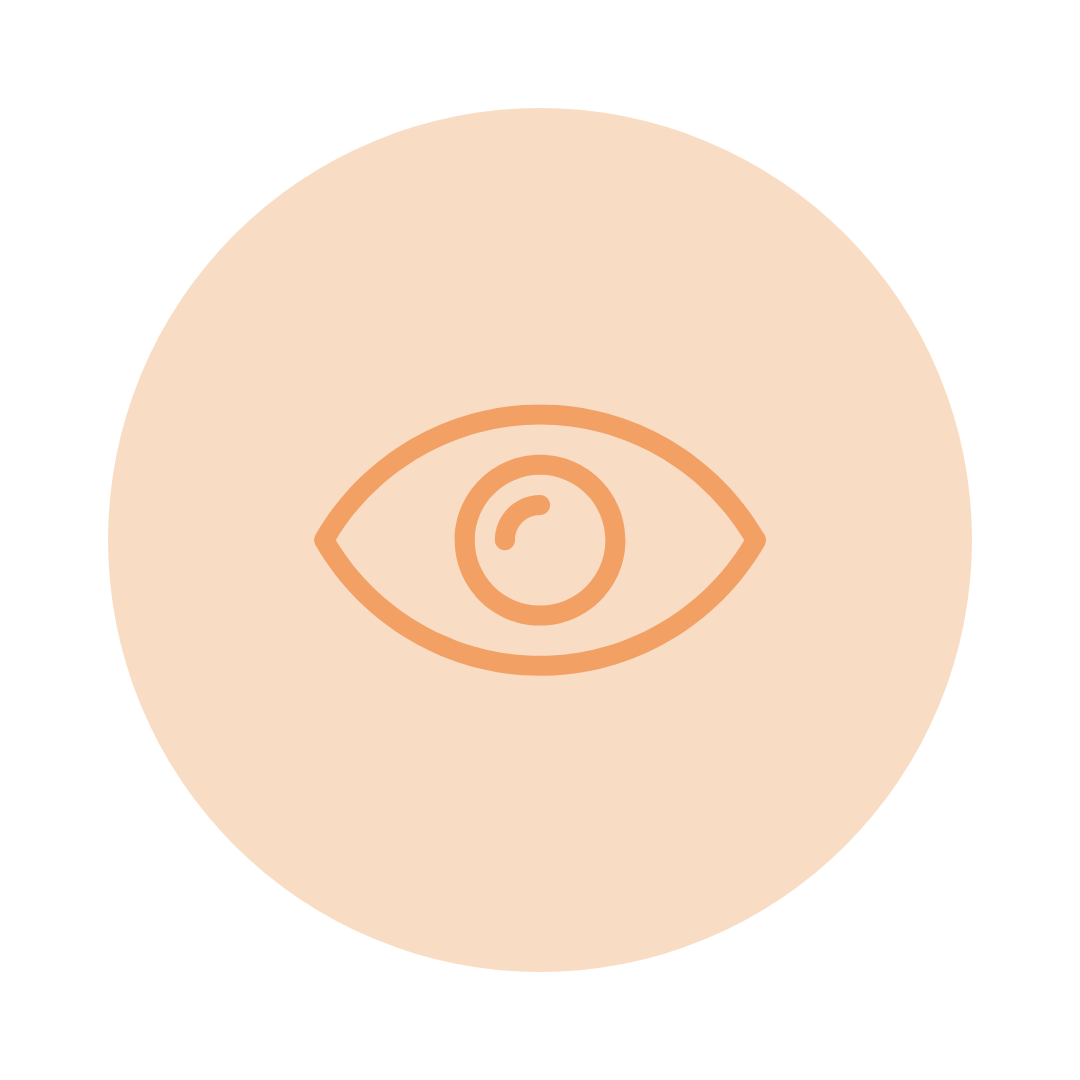Our Approach
Our treatment plans draw upon various evidenced-based psychological approaches including DBT, EMDR, ACT and CBT.
Here at Axis Clinic we draw on evidence-based psychological approaches to support our clients and our team of mental health specialists are trained across a variety of modalities including but not limited to:
- Acceptance and Commitment Therapy (ACT)
- Cognitive Behaviour Therapy (CBT)
- Dialectical Behavioural Therapy (DBT)
- Motivational Interviewing (MI)
- Psychodynamic Ideas
- Schema Therapy
- Solution Focussed Therapy (SFT)
- Mindfulness
- Emotion Focussed Therapy
- Circle of Security Framework
- Gottman Couples Therapy
- Trauma Focussed Therapies
- Eye Movement Desensitisation and Reprocessing Therapy (EMDR)
- Intensive Short-Term Dynamic Psychotherapy (ISTDP)
- Narrative Therapy
- Positive Psychology
- Modern Family System Therapy
- Sensory Modulation
- Exposure Therapy
To learn more about the specific approaches taken by our experienced team, take a look at our clinician bios here
Dialectical Behaviour Therapy (DBT)
What is DBT?
Coping with painful experiences, emotions and relationships can be a really isolating experience. It can lead to coping in ways that are self-destructive in an attempt to understand or de-escalate emotions. This often renforces the isolation and can compound distress. DBT is an evidence based therapy for many mental health conditions. In DBT, you learn skills to manage intense emotions, cope with distress, cultivate healthy relationships, break negative patterns and build a life with meaning.
Here at Axis we run an online DBT Skills and Support program led by experienced psychologists & DBT therapists, click here to learn more.
Eye Movement Desensitisation and Reprocessing Therapy (EMDR)
What is EMDR?
EMDR is a structured therapy that encourages the patient to briefly focus on a trauma memory while simultaneously experiencing bilateral stimulation (typically eye movements), which is associated with a reduction in the vividness and emotion associated with the trauma memories. It is an extensively researched, effective psychotherapy method proven to help people recover from trauma and PTSD symptoms.
Axis Clinic have therapists trained in Eye Movement Desensitization and Reprocessing (EMDR) therapy who are available now to accept new referrals (both face-to-face and via telehealth).
Ongoing research supports positive clinical outcomes showing EMDR therapy as a helpful treatment for disorders such as;
- Anxiety (including phobias),
- Depression,
- OCD,
- Chronic pain,
- Addictions; and other distressing life experiences.
The Gottman Method Couples Therapy
What is the Gottman Method?
The Gottman Method is an approach to couples therapy that aims to disarm conflicting verbal communication; increase intimacy, respect, and affection; remove barriers that create a feeling of stagnancy, and create a heightened sense of empathy and understanding within the context of the relationship.
Gottman Method interventions are designed to improve three primary areas of a relationship:
- Friendship
- Ability to manage conflict
- Creating shared goals
As a result, in therapy, couples will learn to improve interactions to move from negative to positive and deepen emotional connection.
The Gottman Method is designed to support couples across all economic, racial, sexual orientation, and cultural sectors. Research has shown Gottman Method Couples Therapy to be effective for treating same-sex relationships.
Source: The Gottman Institute
Considering couples therapy? Schedule an appointment with Heidi Raza our resident Mental Health Social Worker & Level 3 Gottman Couples Therapist.
Heidi has a wealth of experience when it comes to supporting couples, to learn more about Heidi and her approach click here
Intensive Short-term Dynamic Psychotherapy (ISTDP)
What is ISTDP?
Intensive Short-term Dynamic Psychotherapy (ISTDP) is an accelerated form of psychodynamic psychotherapy designed to provide rapid access to the unconscious.
Refined through empirical, video-recorded research, ISTDP is more active and focussed than traditional psychodynamic psychotherapy. It has been shown to be effective in the treatment of anxiety, depression, personality disorders and somatisation. It aims to provide not only symptom relief, but also personality restructuring.
Creative and Expressive Arts (CEA) Therapy
CEA therapy with Axis Clinic
Creative and Expressive Arts (CEA) therapy is a multimodal form of psychotherapy that uses creative and expressive arts to help clients communicate, explore, and achieve their therapeutic goals. Evidence-based research suggests that CEA therapy can be effective for personal growth, wellbeing, mental health, and for personal, professional and community development. CEA therapy creates a safe, dynamic, and collaborative space where individuals or groups engage in creative and expressive processes designed to meet the client’s expressed and emerging therapeutic needs.
Benefits of Creative and Expressive Arts Therapy in individuals:
- Promotes the expression and exploration of inner thoughts and feelings
- Improves communication, concentration, accountability, and self-expression
- Promotes emotional regulation, self-growth, and self-efficacy
- Supports the development of strategies for self-care in the long term
- Helps cope with stress and life challenges
Benefits of Creative and Expressive Arts Therapy for groups:
- Increases social engagement and fosters a sense of community and belonging
- Enables participants to be seen, heard, and acknowledged
- Provides a safe space for self-expression, discovery, and spontaneity
- Reduces isolation
- Supports self-growth and the exploration of individual, group, and social concerns.
Modalities*:
Visual Art: Drawing, painting, collage, sculpture, photography, multimedia
Spoken word: Poetry, story-making, journalling, writing
Embodied Art: Drama, psychodrama, roleplay, dance/movement, sound/music
*No previous experience or artistic talent is required to participate in CEA therapy
Weekly or fortnightly sessions are recommended for individual sessions; the length of treatment depends on the frequency of sessions, and the needs and goals of clients.
Learn more about our Creative and Expressive Arts Therapist, Olga Rubio Garcia, here.






